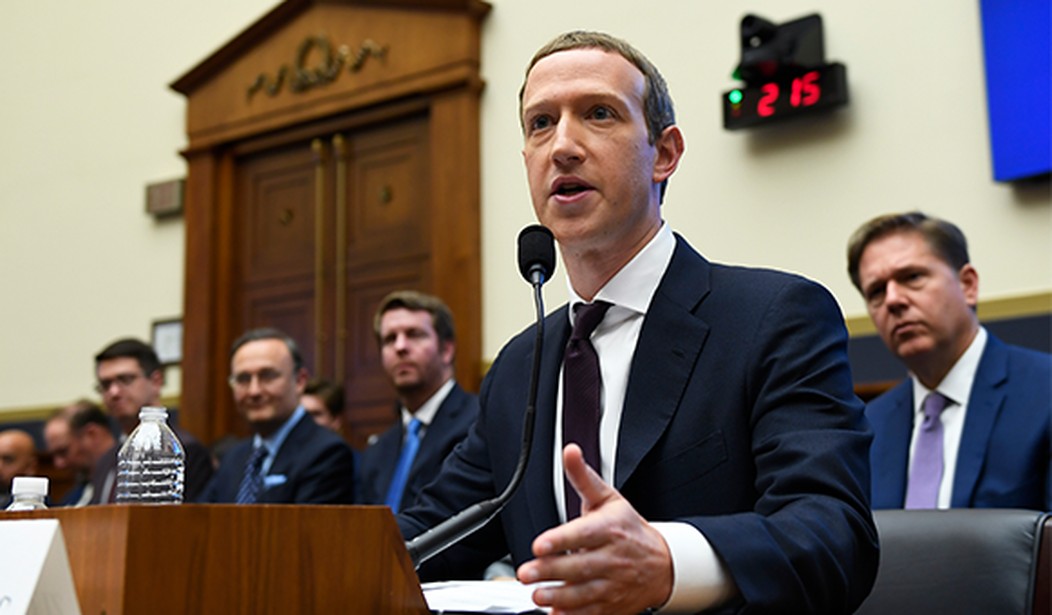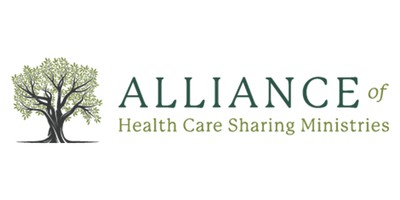Mark, we often hear that Facebook is a platform for parents and grandparents. Photo-sharing, accidental "Likes," and awkward conversations, while the kids are snapping and chatting or ticking and tocking. So where now are parents to go as they communicate with each other and make decisions on the health of their children?
You decided to ban discussion of the origins of COVID, then allow it. You blocked discussion of emerging treatments, and now will allow some, but not all, of it. And the WHO – your preferred arbiter of truth – recommends waiting to vaccinate children and adolescents while our Centers for Disease Control suggests children over 12 should receive the shot now, and American schools may require it for attendance in just about eight weeks. What will you allow us to read about today?
Look I get it, like other tech titans, you’ve come widespread under pressure to censor American discourse. Activists steer rounds of public outcry over inflammatory and inaccurate rhetoric, while our congressional representatives routinely harangue you and your peers for reputedly fomenting instability. After a year of singular pain, death and volatility, everyone demanded of you: do something!
But Facebook’s incoherence on COVID or politically acceptable speech is making plain that your Post-policing has at last become insufferably cumbersome and stultifying. The evidence is now unmistakable: you, Mark Zuckerberg, fabled wunderkind turned titan, can’t do this effectively at scale. But, more importantly, when America is prevented from discussing an issue as serious as the origin of a global pandemic, we’re not just worse off in the short term: we’re strategically weaker and accumulating dangerous blind spots.
I get where you’re going here. We just had a scary year, the first I remember in which that ‘Amber Alert’ sound went off to warn of a domestic curfew as protesters blocked highways or as our federal Capitol building was temporarily overrun. But our embrace of mass censorship is an embrace of three fictions about social media in general. Recognize and reject these fictions and Facebook – a great American success story – and the U.S. will be better off.
Recommended
Fiction number one: your platform, Twitter and others are causing radicalism. Yes, radicalism and rhetoric can and do reinforce each other. Q-Anon proved that compelling and elaborate rhetoric can drive radicalism and devotion even as its prediction deadlines came and went. But as a society we are granting too much agency to rhetoric, and our elites are making a classic elite mistake. It’s the ‘violent video games’ of our era, but with bigger consequences. Rhetoric is not the driver of today’s radical populist moment, and mass censorship won’t alleviate it.
The reason so much inflammatory material appears on Facebook is not your fault, it flows instead from the current wellspring of American populism. Radical rhetoric flourishes because radicalism is widespread.
Fiction number two: your attempts at Post-policing, as well as those by your peers in Big Tech, serve to unify rather than divide us. Despite a pyramid of constantly evolving criteria about what to leave up and what to take down, these well-intentioned initiatives often go awry, as your decision this week exemplifies. In your 300,000 daily content moderation decisions you’ve silenced not only outsider and marginalized voices, but worse, mistaken mainstream consensus for fact.
This type of aggressive censorship at Facebook is dangerous -- a recipe for further alienation and conspiratorial thinking. Social media content moderation will not lead to political moderation. And most important, censorship at this scale ultimately prevents institutional narratives from being challenged – debate being key to the Internet’s free-exchange culture -- and further undermines civil discourse.
Fiction number three: you’re as powerful and responsible as you and we think you are. You can help demystify Facebook. Others marvel at all-powerful moguls manipulating algorithms – and thereby society. I see glorified RSS feeds and scrolling jpg. files on a plain background. I see young companies stumbling awkwardly into a quicksand of complex societal circumstances, spending tens of millions to forestall liability and further outrage.
The often-inflammatory nature of Posts on Facebook is hardly unprecedented. The “if-it-bleeds-it-leads'' ethos of local TV news has long followed the same principles. Ditto the cable debate shows so popular in the 1990s and 2000s. You wrongly believe your users need better curated news feeds or help in knowing what to trust. Rather, Facebook is the way it is due to a clear and repeated expression of consumer preference.
If social media seems angry and divisive, I submit it’s because we’re angry and divided. A decade and a half of lowered relative economic expectations suggests so. As do the defaced statues, the fencing around our Capitol building, and federal troops in blocks of hotel rooms in Portland, then DC, then Minneapolis.
These developments aren’t your fault. For better or worse, much of the popular zeitgeist focuses on you versus other tech CEOs, and you should lead the way in pushing back. Reject the notion that censorship and narrative control will quell anger or bridge divides. Fight recent Republican attempts to legislatively mandate that you host unwanted content, and Democratic attempts to bully you further into babysitting your customers.
For the genuine sake of the republic, tear down the wall of mass censorship. Then as a private citizen in that same republic: do nothing. Radicalism flourishes in the heartland and our cities alike. Our union can either bear it or not.

























Join the conversation as a VIP Member